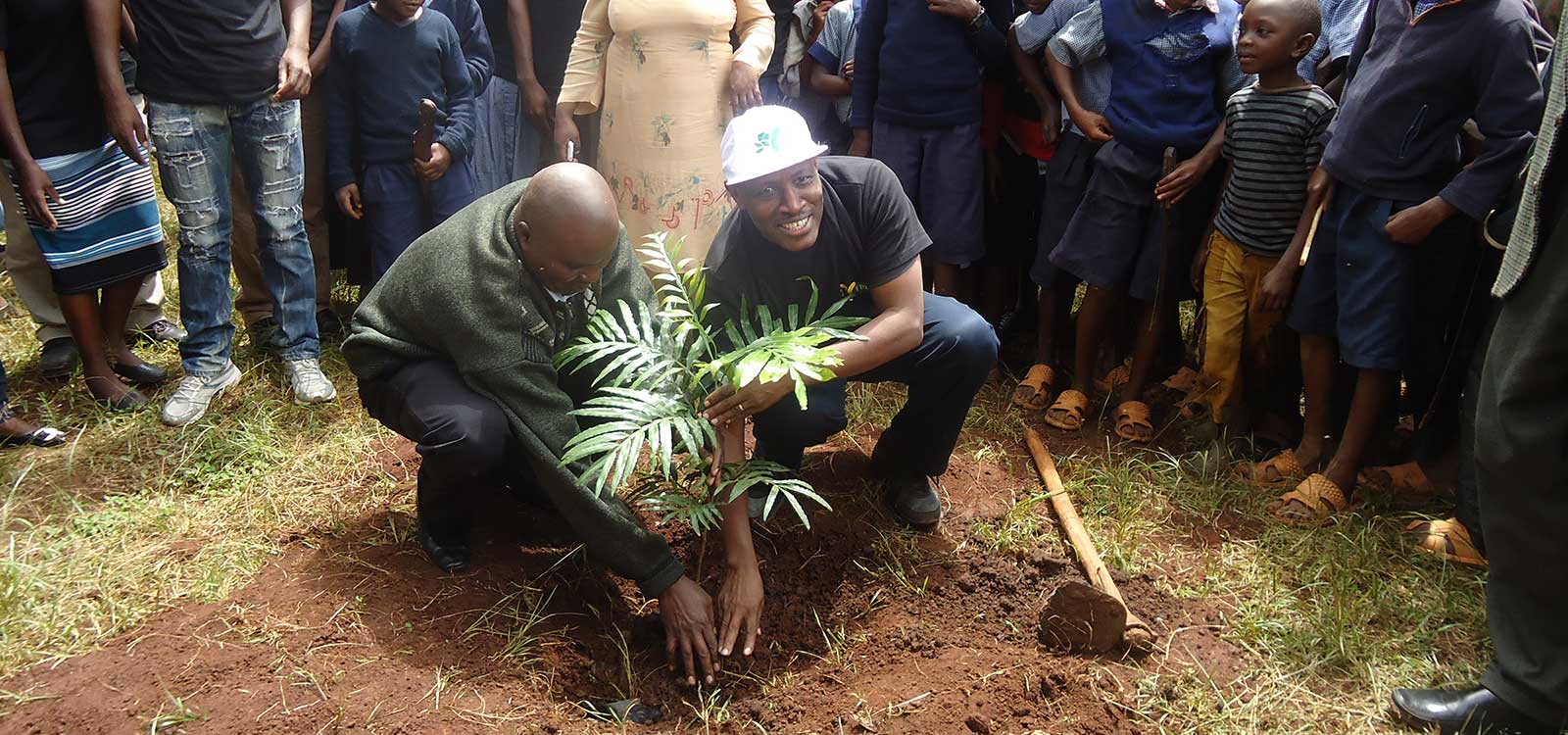In terms of energy, several initiatives are in place to reduce and optimize energy usage and implement renewable energy solutions, both at the factory and farms.
Water management focuses on the testing of effluents, ensuring that they are within the stipulated requirements, water recycling from the processing plant, and promoting water-efficient practices among staff and out-growers.
Through our comprehensive Waste Management System (WMS), FKL is committed to ensuring wastes are disposed of properly through the proper separation of waste and as much as possible, reusing and recycling wastes to reduce the amount of solid waste going to landfills.
The scope of our comprehensive EMS covers the entire plant: receiving & storage; processing; fresh pack, canning & freezing; packaging & dispatch of vegetables and administration.


